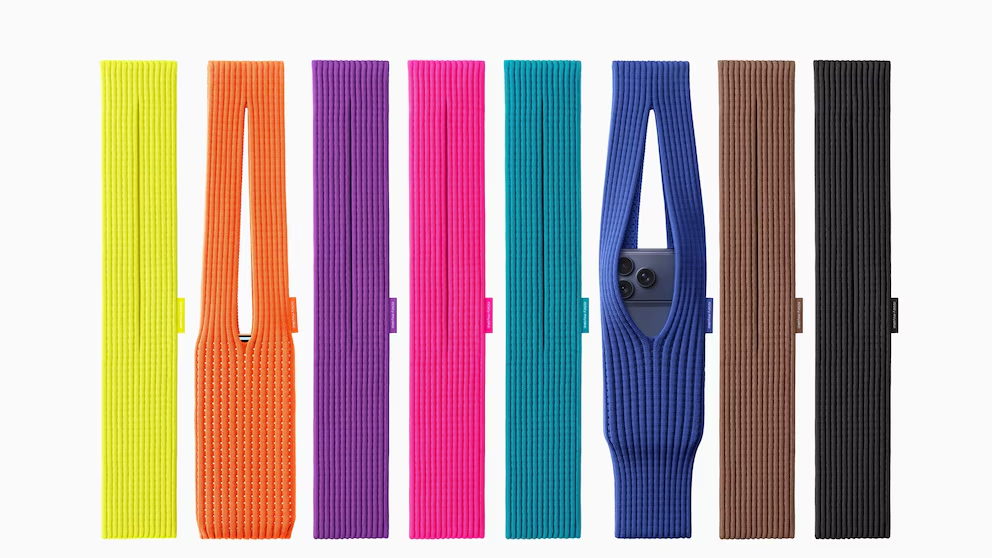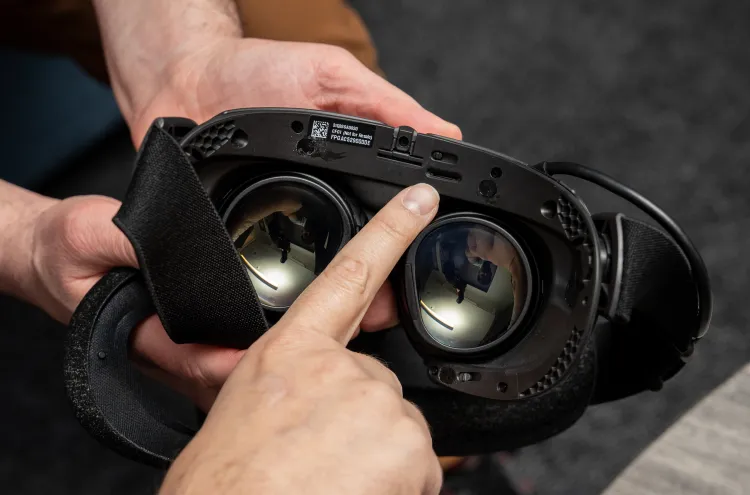Many Android users assume that as long as they grant only the obvious permissions, their privacy is safe. However, a growing number of popular apps—spanning social media, fitness, shopping, and even navigation—collect far more data than most people expect.
These apps often request access to sensitive features like location, microphone, camera, contacts, and device identifiers. Some go further by embedding third-party tracking tools that quietly send user data to advertising networks, analytics firms, and other external partners. This tracking can occur in the background, even when the app is not in active use.
Researchers have found that certain apps use creative workarounds to gather location data without relying on GPS—such as monitoring Wi-Fi networks, Bluetooth signals, and even motion sensors. These methods can pinpoint a user’s movements indoors, offering hyper-detailed insights into where they go and how long they stay there.
Fitness apps have been shown to reveal daily routines, home addresses, and even sensitive sites when data is aggregated. Navigation or car safety apps can collect driving patterns, which in some cases are sold to insurance companies. Meanwhile, casual games and lifestyle apps may package browsing habits and device usage patterns into detailed advertising profiles.
To protect personal privacy, experts recommend regularly auditing app permissions, restricting location access to “only while using the app,” and uninstalling applications that request data unrelated to their function. Privacy-focused tools and browsers can also help block trackers before data ever leaves the device.
In an era where data is currency, vigilance is the only way to keep mobile convenience from turning into constant surveillance.












Leave a Reply